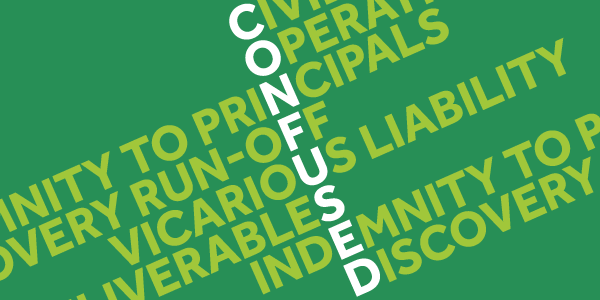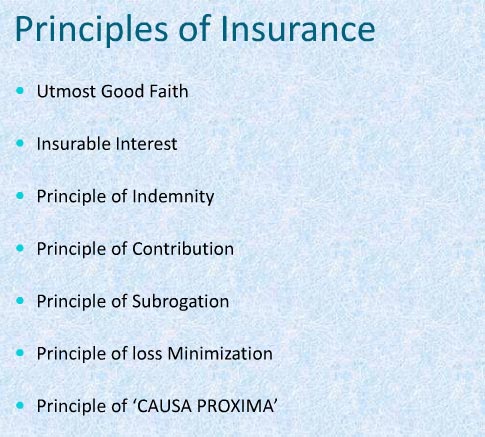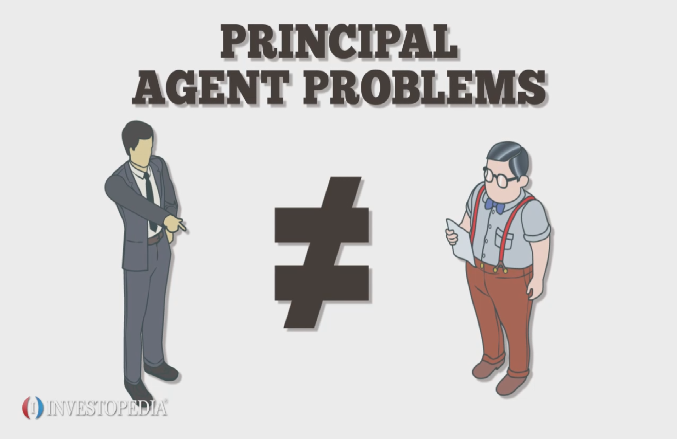

to ensure that all trust accounts and books, records and accounts are maintained in accordance with the regulations.

#Principal definition insurance code
to ensure that all registered insurance brokers who are employees or partners know and act in accordance with the Code of Conduct set forth in the regulations.to ensure that all registered insurance brokers who are employees or partners are provided with and use all information respecting insurance necessary for them to act in accordance with the Code of Conduct and without misconduct or incompetence as defined or described in the Act and/or regulations.to ensure that all registered insurance brokers who are employees or partners comply with the Act, regulations and by-laws.The provision of direction and supervision by the Principal Broker shall include but not be limited to the following: The Principal Broker must be familiar with the RIB Act, Regulations, By-laws and the Code of Conduct to fulfill the Principal Broker obligations and may be held personally responsible for the improper acts of the firm and/or employees. The individual must also be a Director and/or Officer of the corporation, a partner of the partnership or a full-time employee and/or sole proprietor of the sole proprietorship with authority to act in the name of, and on behalf of the firm, regarding information filed to comply with all RIBO requirements.
#Principal definition insurance license
A policy with an indemnity to principal clause triggers coverage for the listed principal when he is named in a liability suit involving the insured person.To be eligible, an individual must be personally registered as an insurance broker and hold an “Unrestricted” class of license (successful completion of both the “Unrestricted – Technical” and “Unrestricted – Management” examinations). Because principals are exposed to vicarious liability, they often require their subordinates to carry insurance that extends protection to them in the event of a lawsuit. Indemnity to principalĪn indemnity to principal clause in an insurance policy extends liability coverage to a principal if he is sued as a result of another person's actions. If an estate agent omits information that costs a customer money, for example, the agent's managing company can be sued as a result. Other common principal relationships include managers to agents and general contractors to subcontractors. In this case, the employer is the principal. For example, if an employee harms a customer during the course of his employment, the employer can be sued as a result, because the employee was representing the business when the incident occurred. In business, a principal is someone who can be held vicariously liable for another person. However, a settlement is designed to indemnify the injured business by restoring the anticipated lost profit. The extent of this lost profit is unknown, because the profit was never realised in the first place. For example, an advertising injury case might allege that one business's disparaging of another's product caused the second business's profit to fall. Liability settlements still work on the principle of indemnity, but the value of the damages involved is often more subjective. Liability insurance deals with non-property losses such as physical injuries, lost wages and personal injuries such as slander. If you received more money than this, you would see a financial gain because you received more than the value of the lost property.


In other words, if you bought your car for £16,250, but it is only worth £7,150 at the time it is destroyed, your insurance policy pays you £7,150, the current value of the car. All insurance is based on the principle of indemnity, which states that you are entitled to be made financially whole by an insurance settlement without realising a profit.


 0 kommentar(er)
0 kommentar(er)
